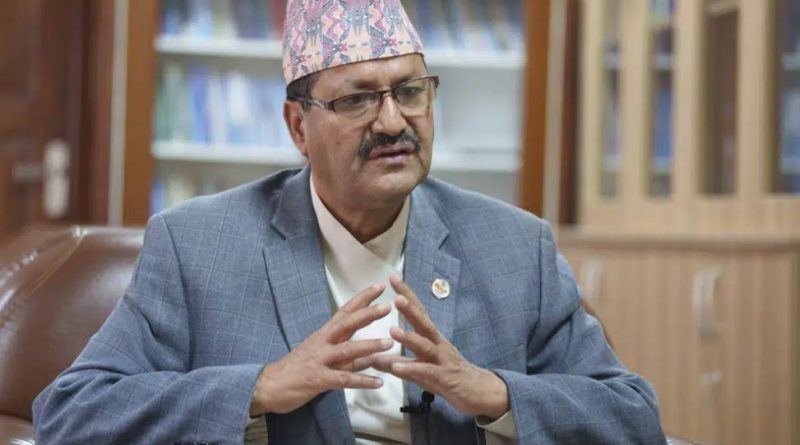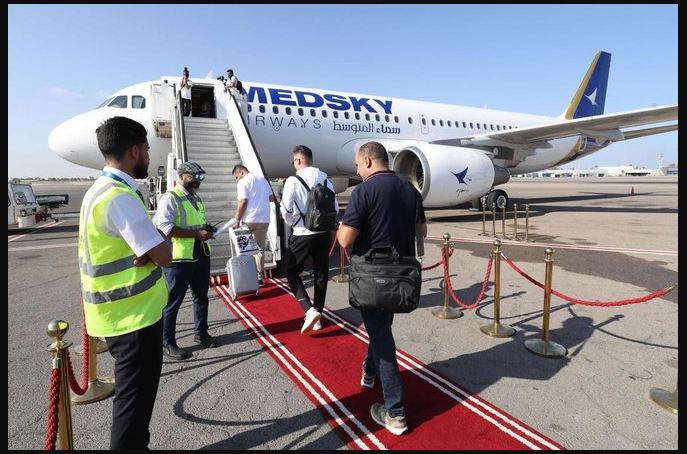Nepal to give priority to relations with India, China
Kathmandu (AP) — Nepal’s new government, led by a communist prime minister, will give priority to enhancing relations with both of its giant neighbors, India and China, but won’t use them against each other for its own benefit, the newly appointed foreign minister said Wednesday.
Foreign Minister Narayan Prakash Saud told The Associated Press in an interview that Prime Minister Pushpa Kamal Dahal is set to make his first official trip abroad to India since taking power earlier this year.
Nepal is bordered on three sides by India and shares an open border, while the highest Himalayan peaks are divided between Nepal and China. The two Asian giants compete for influence over the tiny nation, showering it with financial aid and investments.
Saud, however, said the government will continue to maintain good relationships with both countries and would not do anything to hamper ties with either of the neighbors.
“We will never use the two nations against each other for our own benefit. We will not interfere with the internal matters of their countries, and we would also want that no other country should interfere with our internal issues,” Saud said.
Until recently, India was a dominant force in Nepal but China’s involvement has begun to grow. China’s investments include the building of airports, highways and hydro-power projects. Nepal, however, remains dependent on India for all its oil needs and many other necessary supplies and medicines.
India and China’s bids for influence in Nepal are part of a greater regional power struggle. China views Nepal as key to its massive transcontinental infrastructure Belt and Road Initiative that builds on old Silk Road routes that once connected China to the West.
India has been wary of Nepal since it elected a communist government in 2017. Again, after an election in late 2022, a coalition government headed by a communist prime minister has taken over.
Relations with India soured in 2015, when it supported protests by ethnic groups in southern Nepal against a new constitution and imposed an unofficial economic blockade, shutting down the supply of oil and goods over the border.
The previous communist government published a new map of the country in 2020 that included a disputed area claimed by both India and Nepal, further angering New Delhi.
Analysts said Nepal has no choice other than maintaining close relations with both India and China because they have become major powers in the world.
“They are both rising powers in the international arena. We should remain neutral and that should remain the route of the Nepal government’s policy,” said Bhekh Bahadur Thapa, a former foreign minister who also served as Nepal’s ambassador to U.S. and India.
“Nepal is always a believer in a non-alignment policy. It is not about balancing relations between China and India as they are separate relations, but they both hold separate importance for Nepal,” he said.
The date of the prime minister’s visit to India has not been fixed but is likely to be within weeks, Saud said.
“During the prime minister’s visit, there is going to be important discussion on water resources projects, trade and exporting electricity to third countries,” Saud said.
“There are several mechanisms for discussions on issues concerning the two nations which have been stalled and unable to be active for several reasons including COVID-19,” he said. “We are going to try to activate those mechanisms.”
Both Nepal and India have set up committees to work on issues related to border disputes, sharing river water, and even a friendship treaty that is long due to be reviewed.



